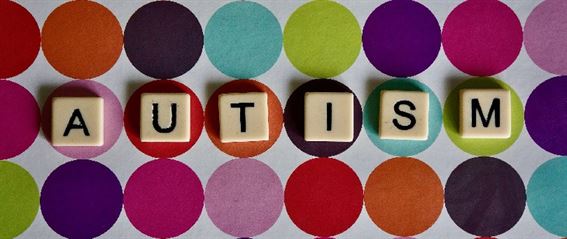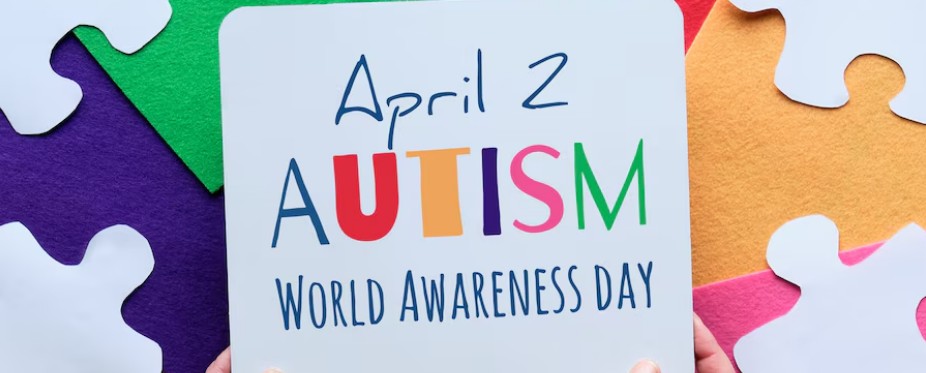
The Beginner's Guide to Understanding Autism

Autism is a disorder of neural development characterised by impaired social interaction and communication, and by restricted and repetitive behaviour. It is considered to be one of the five pervasive developmental disorders (PDD). It is distinguished by a generally nonverbal or limited verbal ability, poor non-verbal communication skills, as well as behaviour that does not match the person's developmental level.
Autism is a lifelong developmental disability that affects how people perceive the world and interact with others. Autism is not an illness or disease and cannot be “cured.” Often people feel being autistic is a fundamental aspect of their identity.
Although all autistic people share certain difficulties, being autistic will affect them in different ways. Some autistic people also have learning disabilities, mental health issues or other conditions, meaning people need different levels of support. All people on the autism spectrum learn and develop. With the right sort of support, all can be helped to live a more fulfilling life of their own choosing.
What Are the Signs of Autism?
Autism can be diagnosed as early as 18 months of age. The signs of autism can be difficult to detect at first, because they are often hidden or very subtle. Sometimes these signs just seem like part of your child's personality. You might notice that your child has a hard time communicating with others and doesn't appear interested in other kids, but it's not always clear what the underlying issue is and what you should do about it.
One sign of autism could be trouble reading facial expressions or body language: Your child may interpret someone else's expression as angry when actually they're happy or confused by a look that appears fearful when it really isn't. A child with autism might have difficulty making friends because he doesn't understand social cues well enough to respond appropriately—or he may seem unfriendly because he isn't able to give others hints about his own feelings by using facial expressions or words like "please."
It can also be harder for people with autism to imagine how things will turn out if they change their routine slightly; for example, they might not see why going somewhere different would matter since everything else looks exactly the same anyway!
Autism affects each person differently depending on the severity of symptoms. Some people with autism have difficulty communicating with others, while others may seem gifted in some areas such as math or art. In general, children who are diagnosed with autism typically will not speak until they are at least three years old (otherwise known as delayed language development). It’s also common for children who have been diagnosed with other disabilities like learning disabilities or ADHD to have some symptoms of autism as well.
Some adults may not realise they have mild forms of high-functioning autism until they reach adulthood when they begin experiencing problems interacting socially at work or school. People with Asperger syndrome tend to be more successful in work settings when given structured tasks that do not require significant interaction with other people—for example, working alone behind a computer screen instead of interacting directly with customers at a retail store checkout counter where there are many distractions around them all day long while also dealing directly face-to-face every day!
How to Treat Autism?
Autism is a disorder that cannot be cured. However, there are a number of ways to help manage symptoms and improve the quality of life for both the autistic individual and their family.
Early intervention is one of the most important things you can do as an autism parent. Early intervention programs offer services such as speech therapy, occupational therapy and social skills training to children with autism starting at around two years old. The goal of early intervention is not only to treat autism but also prevent any other developmental delays from occurring. If your child shows signs of having problems with communication or social interaction at a young age, it's important that you seek out support from professionals who can diagnose them properly so they can receive appropriate treatment options as soon as possible.
Individualised education plans (IEPs) are another way in which parents can help their children with autism learn new skills or overcome challenges associated with their condition on a daily basis at school or home environments where teachers work closely with families so everyone understands what needs improving during the educational process itself rather than just during summer months when kids take breaks off playing sports
It’s important to remember that autism is a complex condition and every person with it is unique. It affects people in very different ways, which makes each case of autism as individualised as the people who live with it. But one thing remains true for all those affected—early intervention can make a profound difference in the lives of autistic people and their families.
Articles
Build your awareness and get inspired with our researched articles on how you can strengthen your well-being
Popular Topics
An OTP has been sent to the email address
provided.
Please check your Inbox and Spam folders.

What Would You Like to Speak with a Specialist About?
Mental Fitness Journey starts Now!
Chearful Connects you with Top-tier Qualified Wellness specialists for the Price of a cup of Coffee!

Next Steps
- A Client Team member will reach out to you to schedule a session with the most suitable specialist.
- You will receive an email with a 10% Discount Code* for your 1st session.
- We invite you to Explore the Platform & Sign Up today! *Upto a maximum of $10 discount on a session purchased




 934 Read
934 Read







